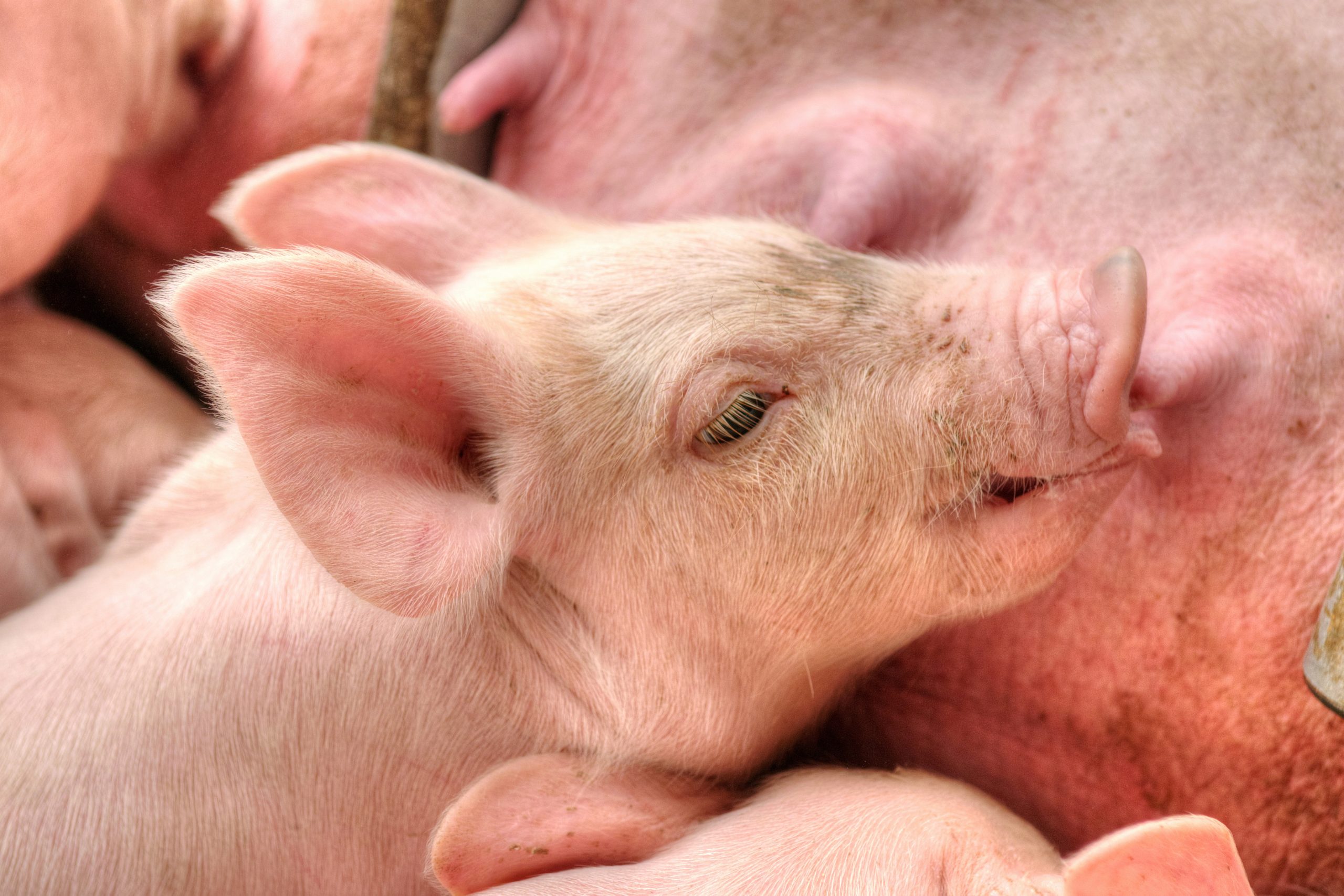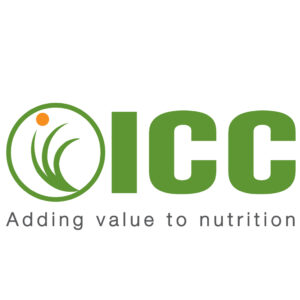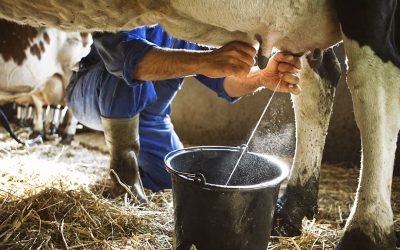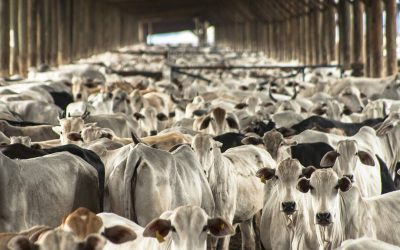Dietary nucleotides for lactating sows

Supplementation of nucleotides to sows for 3 days prior to farrowing and during lactation (weaning at 21 days) has positive effects on milk production and quality, consequently increasing the litter weight gain and the number of weaned piglets, and decreased mortality, a recent trial has shown.
Free nucleotides and nucleosides are produced by specific enzymes from RNA and nucleic acids (hydrolysed by proteases and nucleases) in autolysed molasses yeast and its need is increased during periods of rapid growth, stress, and/or immuno-compromised situations.
Enhanced feed palatability
The modes of action of the free nucleotide product, Hilyses, produced by Brazilian animal nutrition company ICC, involve feed palatability enhancement, immune modulation, pathogen reduction, mycotoxin binding, and growth and maturity of intestinal epithelial cells. As a consequence, benefits typically observed are improved health status, heavier body weights, and better feed utilisation in pigs and reproduction benefits in gestating and lactating sows.
The product is highly heat stable through steam pelleting and extrusion, has a long shelf life, and is recommended at levels of 0.25 to 1.25% in swine diets during reproduction, in the nursery phase, and occasionally during times of nutritional or environmental stress.
Sow lactation dose-response trial
A sow lactation dose-response trial with Hilyses was performed to determine the optimum dose(s) and to provide results so that producers may assess its potential value in their own operations. The trial was conducted at Ianni Agropecuária in Itu, SP, Brazil in cooperation with Universidade de São Paulo, Brazil, and ICC Brazil.
The trial was conducted with 80 sows (Agroceres PIC) distributed in a completely randomised design with 4 dietary treatments (0, 0.4, 0.8, or 1.2% of the product) and 20 sows per treatment. The sows were fed experimental diets starting 3 days before farrowing, when sows were transferred to the maternity unit, until weaning of piglets at 21 days of age. The number of piglets per sow and piglet weight were adjusted (equalised) at birth. Milk production (total lb) was estimated using 1 lb of piglet weight = 4 lb of milk. Samples of colostrum and milk at 11 and 20 days of lactation were collected for laboratory analysis of RNA (mg/mL milk).
Increased milk production per litter
According to Table 1, supplementation with the product resulted in no differences (P>0.05) in sows weight or feed intake. However, the results showed that feeding diets supplemented with 0.4, 0.8, or 1.2% Hilyses had a positive effect on milk production per litter (16.2 lb, 4.82% on average) and milk total RNA concentration (0.499 mg/mL milk, 52.2% on average). This consequently increased the number of weaned pigs (0.68; 7.31% on average), litter weight at weaning (3.51 lb; 2.83% on average), litter weight gain (3.95 lb, 4.70% on average), and reduced mortality of pigs (-3.80% actual, -43.28% on average) relative to negative controls.
There were no differences (P=0.143) between treatments in individual pig weights at weaning. Supplementation of the yeast product gave no significant response (P>0.05) in total RNA in colostrum, but the amount of RNA present in milk at 11 days of lactation significantly increased (P<0.002). the 0.8% inclusion level of the product was deemed optimal in this trial.>
Author: Melina Bonato and Liliana Borges, R&D, ICC Brazil
References: Vitagliano, LA; Bonato, MA; Barbalho, RLC; et al. Nucleotide supplementation in the diet of farrowing sows and its effect on milk quality, litter weight gain, and mortality. In: 2014 Joint Annual Meeting, 2014, Kansas City, USA. Proceedings…, v. 92. p. 239. 2014.






